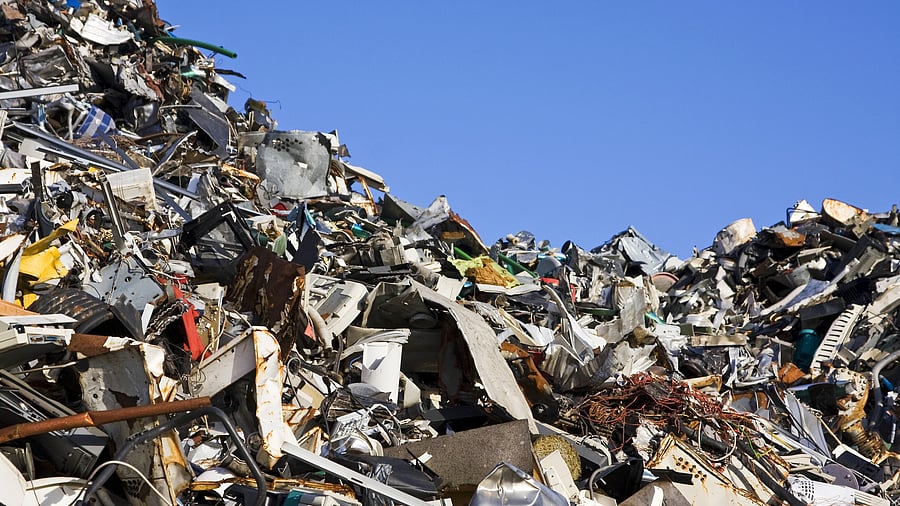
Representative image of E-Waste.
Cresi: iStock
Mumbai: Globally, electronic waste now exceeds 60 million tonnes each year, growing five times faster than the rate of recycling.
“This flood of discarded devices contains toxic chemicals, including persistent organic pollutants (POPs), which do not break down easily and cause long-term damage to ecosystems and people’s health,” said Xiaofang Zhou, United Nations Development Programme’s (UNDP) Chemicals and Waste Hub Director.
Coinciding with International E-waste Day, Zhou said UNDP works with countries, the Global Environment Facility (GEF), and industries to strengthen policies that prevent hazardous chemicals in production, pilot safer recycling models, and recover valuable resources while protecting workers and communities. “Addressing e-waste is central to building the circular economy we need for a healthier planet,” Zhou added.
Speaking at the launch of a GEF-supported project implemented by UNDP in partnership with the Ministry of Electronics and Information Technology (MEITy), Zhou said the initiative will fast-track India’s transition to a circular economy in the electronics sector by ensuring the environmentally sound management of e-waste, one of the country’s fastest growing waste streams.
This five-year initiative is designed to reduce hazardous material use, recover valuable materials, and improve resource availability in the electrical and electronics sector.
India is the world’s third-largest generator of e-waste, and more than 80% is still processed in the informal sector using unsafe methods that release toxic chemicals into the environment. Formal recycling remains limited, exposing workers and communities to serious health risks.
“This project comes at a critical moment when India’s electronics market is expanding rapidly. At the same time, environmental and health risks from unsafe e-waste recycling practices are also rising. We are working with government and industry partners to ensure resources are used efficiently, workers are protected, and the sector grows sustainably. Together, we can turn this challenge into an opportunity for a safer, more sustainable future in alignment with India’s circular economy vision,” said Angela Lusigi, UNDP Resident Representative in India.
The GEF has approved US$15 million in financing for the initiative, which will unlock more than US$105 million in co-financing from the Government of India and industry stakeholders. With this combined US$120 million investment, the project will strengthen institutional mechanisms and enforcement of e-waste regulations, support innovation in eco-design and circular business models with manufacturers, pilot safe recycling and battery management systems, and improve infrastructure for the recovery of valuable materials.